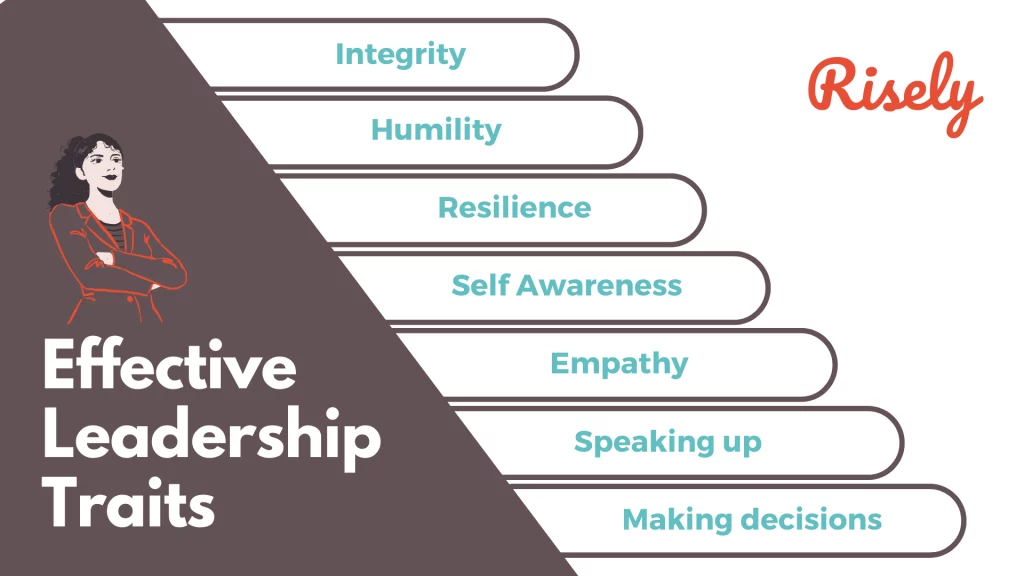
Effective leadership relies on making well-considered decisions. Today’s leaders face complex challenges that require clear thinking, strategic planning, and the ability to adapt as situations change. By following fundamental principles, leaders can address immediate concerns, promote teamwork, and support lasting success. These are five key principles for effective leadership decision-making:
Put Integrity and Ethics First
A leader’s decisions shape the culture and level of trust within an organization. Upholding strong integrity and ethical standards helps ensure that decisions are consistent with core values and build lasting confidence among stakeholders. This fosters a resilient environment. Ethical leadership also establishes a workplace where trust, transparency, and accountability are expected, which is crucial for the organization’s long-term well-being and sustained success.
Make Evidence-Based Decisions
Relying on instinct alone is no longer enough in a world where data is so readily available. Leaders who base decisions on solid information and careful analysis are more likely to reach outcomes that are fair and effective, ultimately driving better performance. Using data and evidence helps reduce the influence of personal bias, promoting objectivity, and allows leaders to be more responsive to rapidly changing conditions. This approach supports well-founded strategies that encourage consistent growth and long-term sustainability for the organization.
Weigh Risks and Opportunities
Every decision involves risk, but progress cannot be made without taking a few calculated chances. Good leaders carefully consider both the risks and potential rewards of any choice, aiming to find a balance between caution and the pursuit of new opportunities. For example, Spanx founder Sara Blakely took the risk of investing her entire life savings into an innovative shapewear concept that ultimately reshaped the entire industry. Her incredible story of perseverance and belief in her idea shows that thoughtful, calculated risk-taking, when matched with tremendous effort and a clear vision, can yield truly impressive and transformative results.
Seek Input from Stakeholders
Effective leadership decisions are informed by a variety of perspectives. By inviting input from team members, customers, and advisors, leaders gain new insights and can avoid missing important details. This collaborative process ensures a more comprehensive understanding of challenges and opportunities. Open communication and ongoing feedback create an environment where stronger, more accepted decisions can be made. This approach increases support across the organization and leads to more successful outcomes.
Keep the Future in Mind
Leaders must look beyond short-term gains and think about the long-term effects of their choices. Considering how decisions will affect the organization down the line helps build resilience and readiness for change. Keeping an eye on market developments, shifts in the industry, and opportunities for growth ensures decisions benefit the organization well into the future. Arif Bhalwani Third Eye Capital CEO and Co-Founder, provides a good example of this forward-looking perspective in leadership. Third Eye Capital is Canada’s leading alternative capital provider for companies in transition.
In summary, thoughtful decision-making is fundamental to effective leadership. By following these principles, leaders can make choices that align with organizational values, support collaboration, and help teams succeed even in uncertain times. Good decision-making builds trust and helps organizations overcome challenges on the path to lasting achievement.
